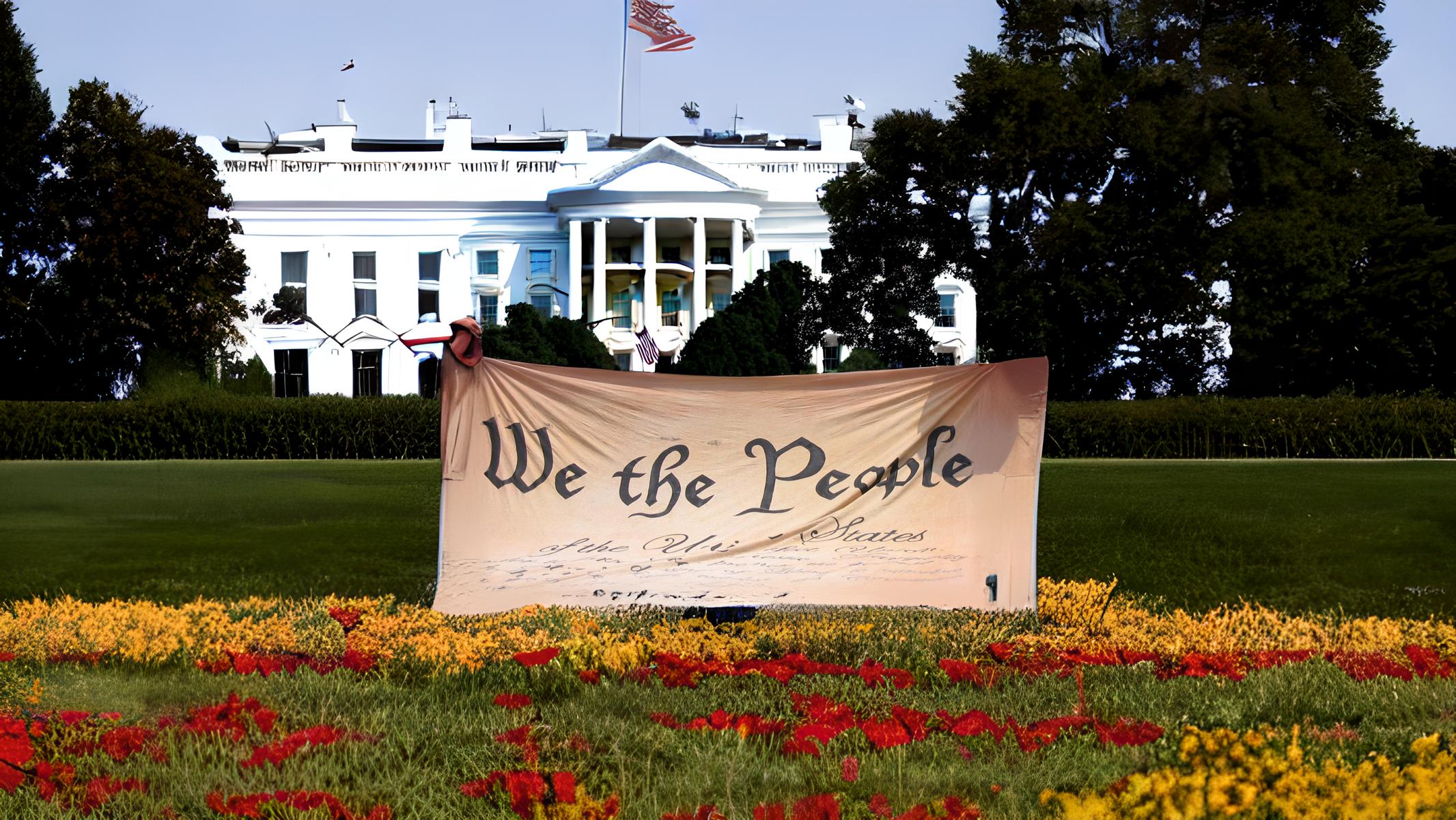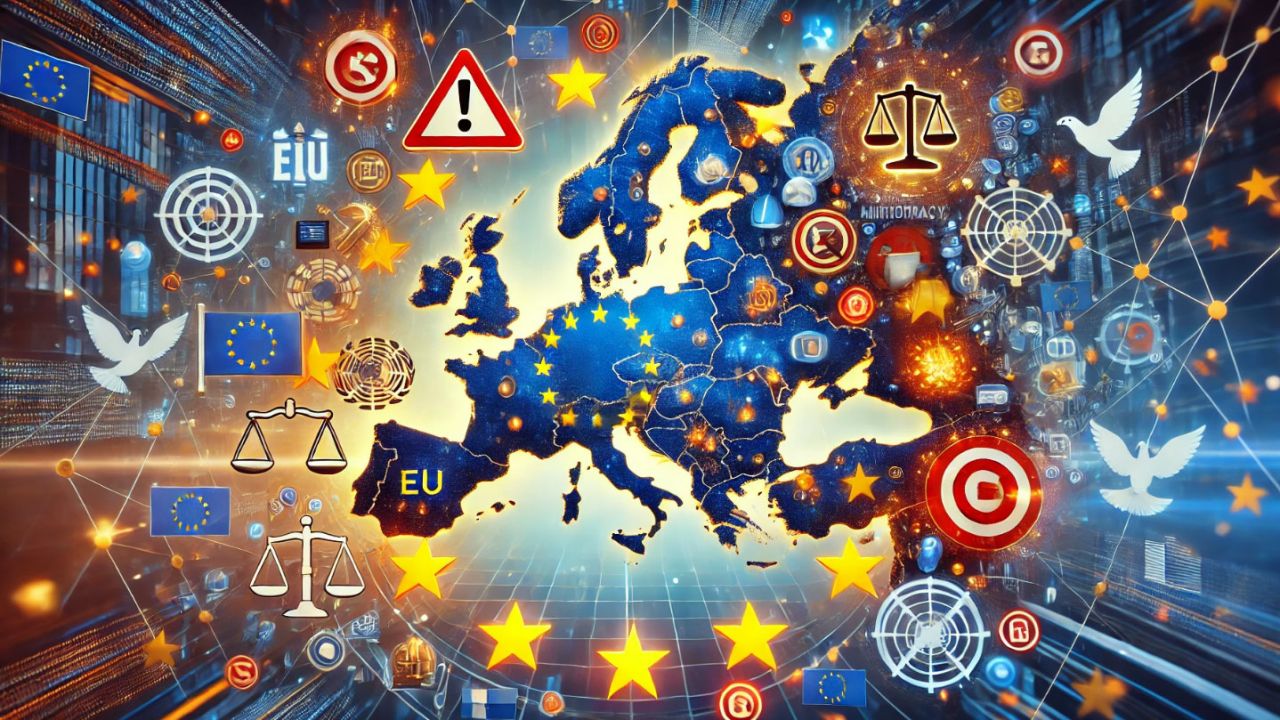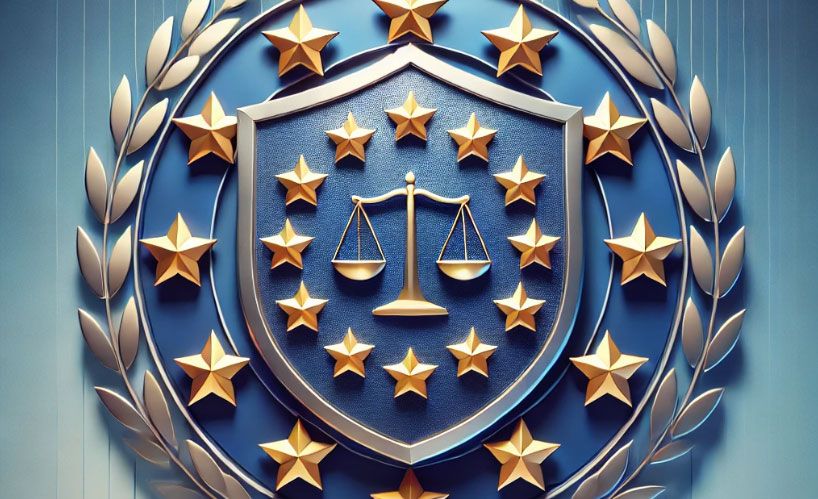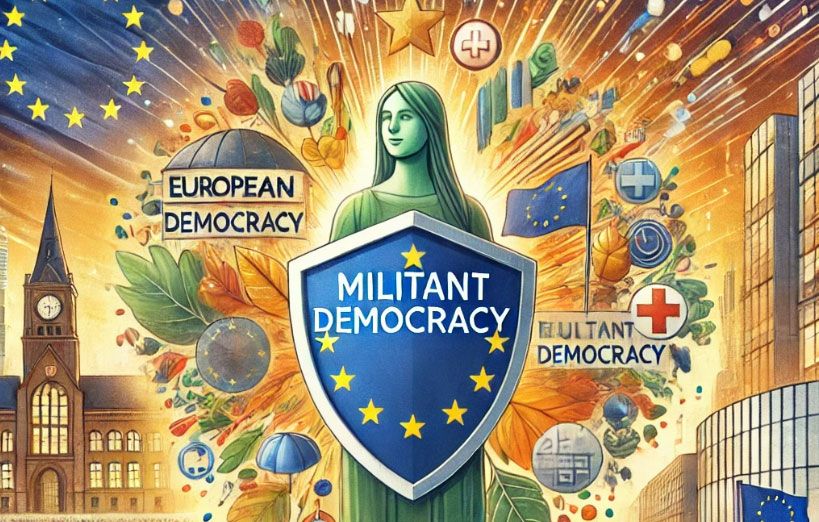For most, this a momentous occasion to engage in sincere efforts to safeguard the rules-based international order as the foundation for peace, stability and security. For the Kremlin disinformation peddlers, however, the UN General Assembly (UNGA) serves a different purpose altogether.
Evidently frustrated by previous UNGA votes regarding Russia’s full-scale invasion of Ukraine and calling for an immediate end to Russia’s war, the Kremlin seeks to launder some of its more pernicious disinformation narratives at the UN’s highest level. The particular angles of pro-Kremlin disinformation to be exploited this year are yet to be seen – but the broader pattern of manipulation and deceit is likely to be more of the same.
Let’s have a quick overview of narratives we can expect to hear from Kremlin mouthpieces carrying diplomatic passports this week.
The Kremlin’s peace: a piece of Ukraine
Since the core mission of the UN is to maintain international peace and security, the Kremlin will likely seek to abuse the UN platform to repeat well-known Russian disinformation tropes about peace. First and foremost, we can expect the Kremlin to disguise its ultimatums to Ukraine as genuine ‘peace proposals’, like it did last June, trying to undermine the Summit on Peace in Ukraine.
Nothing in Russia’s behaviour – conducting indiscriminate attacks on civilians all across Ukraine, consolidating control over the occupied territories, boosting its military production – indicates sincere openness to negotiations on a just and sustainable peace.
Yet, this is not an obstacle to victim-blaming Ukraine at every turn, for example by denouncing Ukraine’s defensive advance in the Kursk region of Russia as the death knell for peace. Or, by putting forward unacceptable conditions that undermine international law and notably the UN Charter. Or, propagating the Cold War-era imperialist idea of ‘spheres of influence’ as a seemingly legitimate excuse for Russia’s land-grabs. Or, most bizarrely, claiming that Russia acted in self-defence in accordance with the UN Charter Article 51.
Deflect responsibility and blame the West
The Kremlin’s cynics are also likely to shed crocodile tears about the ‘tragic situation in Ukraine’ – the Kremlin’s Orwellian newspeak moniker for Russia’s war of aggression against Ukraine.
Displaying false concern for civilians and blaming the West for Russia’s aggression is daily business for the Kremlin. Of course, they would use the UN platforms to push the disinformation narrative about ‘aggressive’ EU and NATO and deflect from Russia’s sole responsibility for launching the largest war in Europe since WWII.
NATO is a defensive alliance: its primary aim is to maintain peace and safeguard the independence, security and territorial integrity of its members. But the notion of ‘collective defence’ that levels the playing field really seems to irk the Kremlin, so the go-to narrative falsely accusing Ukraine and the ‘collective West’ of ‘threatening Russia’s very existence’. There is no evidence for such claims.
There is plenty of corroborated and verified evidence that Russia was systematically preparing for the full-scale invasion of Ukraine by amassing troops, supplies and military equipment near Ukraine’s borders. Everything that Ukraine or NATO has done is to defend itself from unprovoked Russian aggression.
Rule of the strong
Lies about war and peace are not the only avenue for the Kremlin’s information manipulations. As the UN epitomises the current rules-based international order, Moscow is set to tune up its siren song about Russia allegedly fighting for a new world order and equal security for all.
It is a strange tune, because if the Kremlin really cared about global order and security, Russia should end its aggression against Ukraine and immediately and unconditionally withdraw all its forces and military equipment as demanded by various UNGA resolutions. The Kremlin’s lament about ‘Western hegemony’ and derision of the Bretton Woods institutions as unfair is just a way for Russia to advance its imperialist worldview that might makes right.
‘Unilateral coercive measures’
Using the international limelight to complain about how Russia is being treated ‘unfairly’ is one of the go-to disinformation moves for the Kremlin. One particular avenue is attacking Western sanctions, or ‘unilateral coercive measures’ as Moscow likes to call them, as illegal and unjustified. Or, alternatively, brushing them off with faux bravado and claiming sanctions don’t work on Russia and only harm other nations.
Well, let’s be very clear here, the sanctions introduced by the EU, the US and several other states in response to Russia’s armed aggression against Ukraine are fully compliant with international law including international human rights law, international humanitarian law and international refugee law. They are neither ‘unilateral’ nor ‘coercive’ but designed to erode Russia’s ability to wage war against Ukraine.
Russia, the great decoloniser
The Kremlin is always quick to take credit, especially where it’s not actually due. We can certainly expect Moscow’s disinformation attempts to falsely portray the EU’s outreach to its partners as ‘colonialism’ while engaging itself in colonial wars against its neighbours, but shouting from the rooftops that Russia is the great defender of the ‘Global South’.
In truth, the Kremlin has very little interest in helping developing countries. But by creating the public image of a ‘decoloniser’, it seeks to divert attention from Russia’s aggression against Ukraine and deceive well-meaning peace-seeking nations. Moscow is eroding the rules-based international order, which poses a risk not only to Ukrainian and European security but is also a threat to fragile situations around the world.
Empty boasts about food security
Continuing Moscow’s favourite blame game, the Kremlin likes to shirk any responsibility for exacerbating global food insecurity, instead blaming the West for allegedly trying to starve the world. In truth, Russia’s deliberate targeting of Ukraine’s agricultural export is one of the key factors behind the surge in food prices in 2022 and 2023, not Western sanctions.
The Kremlin has sprayed out dozens of lies to world audiences to distract from the fact that Russia’s deliberate attempt to harm a large global supplier – Ukraine – hits poorer people in need of a stable and affordable food supply. See details of food exports and how the EU has helped Ukrainian food exports to reach the world market by river and road transport, faster customs procedures and temporary storage on EU territory, especially through the EU-Ukraine Solidarity lanes.
The EU has been a vital player in ameliorating the harm caused by Russia, including by providing substantial support to the World Food Programme (WFP). The combined European contribution to the organisation makes up 25 per cent of WFP’s budget, and the EU provided overall support for global food security in the amount of up to €18 billion in 2020-2024.
Good climate for conspiracy theories
The Kremlin likes to link climate issues to its disinformation narrative about the allegedly neo-colonialist West in order to reduce support for the green transition and ensure that developing nations remain dependent on Russian fossil fuels. However, the European Green Deal promises global benefits and only 8.3 per cent of EU climate finance is directed to Europe.
There is often a layer of conspiracy theories covering pro-Kremlin disinformation about climate issues. For instance, claiming that climate change is a hoax invented by Western capitalists to curtail people’s individual freedoms. Global climate change is an established fact, not a conspiracy to sell renewable energies. Preventing the dangerous consequences of climate change is a key priority for the EU.
Energy exports as a political weapon
Energy is arguably Russia’s most potent lever of influence. So, unsurprisingly, Moscow has weaponised energy exports as a political instrument and promotes the narrative of Russia as indispensable provider of cheap and reliable oil and gas. As world leaders gather at UNGA, the General Assembly turns into a particularly tempting playing field for the Kremlin to deploy its disinformation narratives about energy.
We can expect many false claims that European sanctions on Russian fuel, especially price caps, are hurting the global economy by raising energy prices. However, the price cap on crude oil is intended to reduce the Russian profits from speculating in oil prices. In fact, the cap has contributed to bringing down international oil prices, not raising them.
Energy exports are the Kremlin lifeline to sustain Russia’s war of aggression against Ukraine, so we can also foresee the recurrence of pro-Kremlin disinformation narratives about an imminent European economic collapse. In this case, the ultimate goal would be to push for the removal of sanctions imposed on Russia’s energy.
Whipping up anxieties about weapons of mass destruction
In the UN context, topics of disarmament, non-proliferation and chemical, biological, radiological and nuclear (CBRN) weapons always receive high visibility. Therefore, it is quite likely that the Kremlin will try to keep peddling its unfounded disinformation narratives regarding CBRN.
Accusing Ukraine of irresponsibility and gambling with global nuclear safety is bound to be among the Kremlin’s go-to narratives. This is classic role reversal. Let’s be very clear here, it is Russia, not Ukraine, that seized another country’s nuclear facility and is using the Zaporizhzhia nuclear power plant to conduct hostilities against Ukraine. To date, Russia is the only IAEA Member State who has breached the multilateral agreements of not attacking civil nuclear installations and has recklessly put in danger nuclear safety in the whole region.
The Kremlin likes to whip up anxieties and engage in unbridled fear-mongering, so be on the look-out for the re-surfacing of old disinformation narratives about ‘dirty bombs’ and accusations of the West for ‘nuclear escalation’. Tall tales about Ukraine allegedly using chemical weapons or harbouring clandestine ‘biolabs’ will likely also make a tired reappearance.
The Kremlin’s disinformation amplifiers will surely put on an indignant spectacle of lies and shamelessness, using UNGA to spread Moscow’s deceitful and manipulative messages. The good news is that we’ve seen it all before. So, if you’re even in doubt of what you hear proclaimed by Russia in the General Assembly Hall, check out our disinformation database, and don’t be deceived!
The post The Kremlin’s multipolar order of disinformation appeared first on EUvsDisinfo.
Content Original Link:
https://euvsdisinfo.eu/the-kremlins-multipolar-order-of-disinformation/















